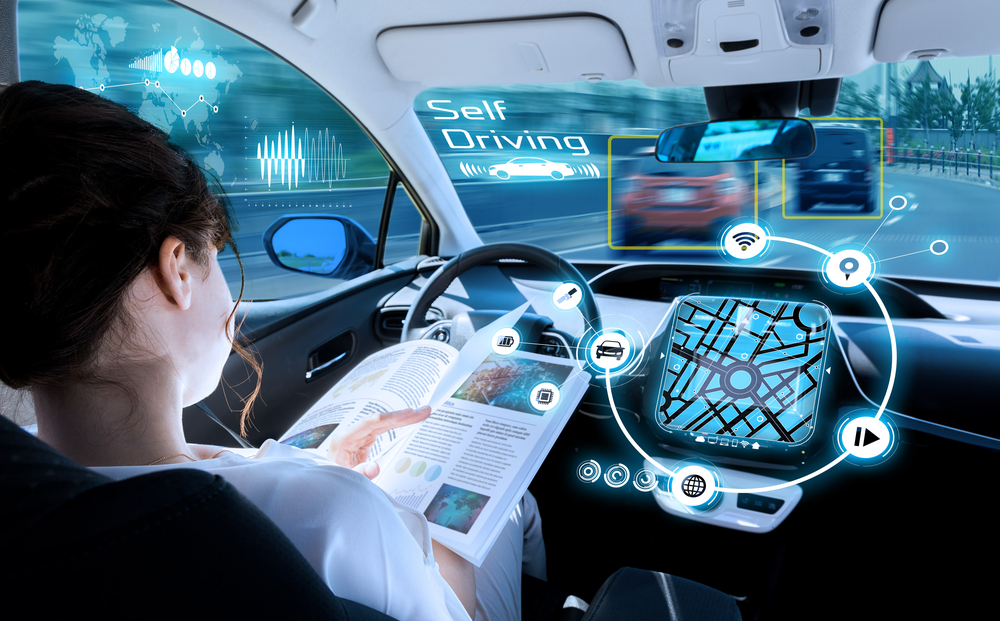Some analysts estimate that by 2030, as many as 60% of US auto sales will be for the purchase of self-driving cars. These autonomous vehicles are the new wave of technology in the 21st Century, and many people are wondering the same basic question- how safe can a self-driving car be?
According to the experts, self-driving cars are much safer than cars driven by humans. Research by the National Highway Traffic Safety Administration shows that 90% of all traffic accidents can be blamed on basic human error. Of the total vehicle traffic fatalities in 2015, 29% were caused by alcohol-impaired driving, while 10% were caused by distracted driving.
The AA Foundation for Traffic Safety claims that nearly 80% of drivers expressed significant anger, aggression, or road rage within the past year. Statistically, replacing human drivers prone to emotional decisions with computer drivers who are capable of remaining logical makes a lot of sense. However, the question still remains- are computer drivers safe?
The proponents for self-driven cars would say yes, however there are skeptics in our midst. Peter Hancock from Pacific Standard points out the limited ability for a computer to evaluate a situation or event and the potential consequences of various actions. For example, a self-driven car may not be able to assess the potential dangers of swerving to avoid a collision. Along a deserted county road, swerving would be a mostly safe decision. However, in a crowded city, swerving could endanger a pedestrian.
Hancock also noted the history of avionics in relation to this new field of self-driving cars. As new automated systems are developed and introduced, the risk of accidents and adverse events increases. Although this risk is particularly short-lived, it could deter further investment and interest in the field of autonomous driving.
Many individuals will not like the lack of control being a passenger in a self-driving car presents. This is one reason why it will likely be many, many years before self-driving cars take over the roadways as a dominant method of travel. Since there will still be many human-driven cars on the roads, the number of automobile accidents will likely gradually decrease, however as long as there are human drivers, there will be human errors.
According to Jason Hennessey, marketing consultant for a law firm, “Autonomous vehicles will eventually force the auto insurance business to redesign it’s very structure.” The number of accidents will drop as self-driven cars become more and more popular, and the responsibility for accidents will shift from the automobile owners to the automobile manufacturers. In addition, technology in these new cars will make them almost impossible to steal, eliminating property theft insurance as well. If the insurance industry wants to stay in business, they will need a new angle in this world of computerized transportation. There will be errors though which professionals like those at Diaz Law Firm can help you receive the compensation you deserve.
Despite disagreement among the experts in various fields, as of right now the statistics are in favor of self-driving cars, claiming that they are much safer than human drivers.



